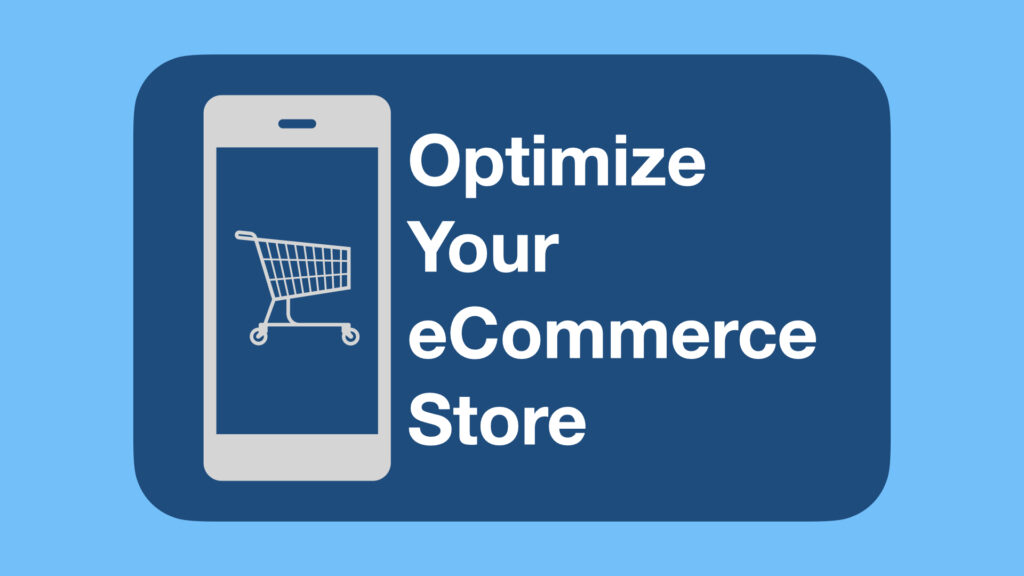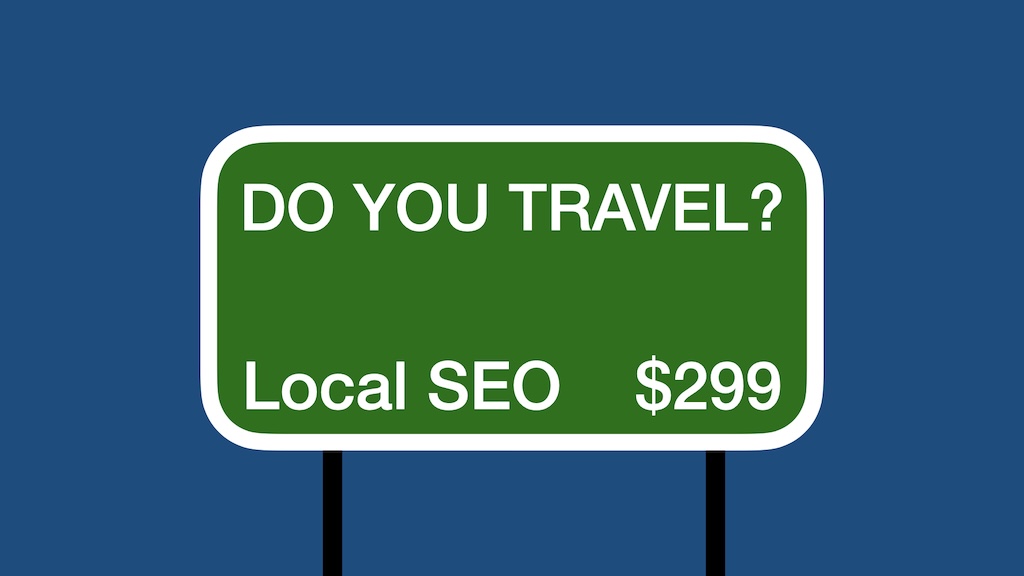
Running a Christian eCommerce store is a great way to share your faith while selling products that matter—whether it’s books, apparel, or handmade gifts. But if people can’t find your store online, all those amazing products might stay hidden on the digital shelves. That’s where SEO (Search Engine Optimization) comes in. With the right SEO strategies, you can make sure your store appears in search results when potential customers are looking for what you offer. Here’s how to optimize your Christian eCommerce store to improve visibility and boost those sales.
1. Focus on Product-Specific Keywords
When it comes to eCommerce SEO, keywords are your best friends. These are the terms people type into Google when they’re looking for something specific, like “Christian-themed t-shirts” or “faith-based jewelry.” If you’re using the right keywords, you’re more likely to show up when people are searching for exactly what you sell.
Good Example: Use specific keywords like “Christian wall art for living room” or “Bible verse journals” in your product titles and descriptions. This helps people who are searching for those items find your store.
Bad Example: Using vague keywords like “home decor” or “journals.” Sure, they might get a lot of searches, but they’re way too broad, and your store will get buried under bigger retailers.
2. Write Unique Product Descriptions
It might be tempting to copy and paste product descriptions from manufacturers, but that’s a big no-no for SEO. Google loves unique content, and if your descriptions are just like every other website selling the same product, you won’t stand out. Plus, writing your own descriptions lets you add a little personality that reflects your brand’s values.
Good Example: Describe how a product ties into your faith or why it’s meaningful. For example, “This ‘Faith Over Fear’ t-shirt is perfect for reminding yourself and others to trust in God during challenging times.”
Bad Example: Using generic descriptions like “High-quality cotton t-shirt with printed text.” It’s not engaging, and it doesn’t give potential customers a reason to choose your store over another.
3. Optimize Your Images
Images are super important for eCommerce because people want to see what they’re buying. But images can also be a powerful tool for SEO. Make sure your product images are high-quality, load quickly, and include alt text. Alt text is a short description of the image that helps Google understand what it’s showing. It’s also important for accessibility, so win-win!
Good Example: Use alt text like “Christian cross necklace made of sterling silver” or “Christian coffee mug with Bible verse.”
Bad Example: Leaving your alt text blank or using non-descriptive text like “image1.jpg.” It doesn’t help Google understand what’s in the picture or improve your chances of showing up in search results.
4. Make Sure Your Store Is Mobile-Friendly
More and more people are shopping on their phones, so having a mobile-friendly website isn’t just nice—it’s necessary. Google also prioritizes mobile-friendly sites in search results, so if your store doesn’t look good on a phone, you could be missing out on a ton of potential traffic.
How to Do It Right: Test your website on different devices to make sure it’s easy to navigate, and that the checkout process works smoothly on smaller screens. The easier it is for people to browse and buy on their phones, the better your chances of making a sale.
Bad Example: Ignoring the mobile experience. If your website is hard to use on a phone, visitors will bounce quickly, and Google will take that as a sign that your site isn’t providing a good user experience.
5. Use Customer Reviews to Build Trust
Reviews are like digital word-of-mouth, and they’re especially valuable for SEO. They can help build trust with new customers and add fresh, user-generated content to your product pages, which Google loves. Encourage your customers to leave reviews on the products they’ve purchased, and respond to their feedback.
Good Example: Highlight positive reviews on your product pages, especially if customers mention how the product has impacted their faith or why they love shopping with a Christian business.
Bad Example: Not asking for reviews or only featuring star ratings without any written feedback. Reviews with detailed comments are way more valuable for SEO.
6. Create Content That Speaks to Your Audience
SEO isn’t just about optimizing product pages—it’s about creating valuable content that draws people in. Starting a blog on your eCommerce site is a great way to do this. You can write about topics that matter to your customers, like “How to Choose Christian Gifts for Friends” or “The Meaning Behind Popular Bible Verses on Jewelry.”
Good Example: Write a blog post about “5 Ways to Decorate Your Home with Christian Art” and include links to your products. This can drive organic traffic and introduce your store to people who might not have been looking for your products directly.
Bad Example: Focusing only on sales pages without providing any educational or inspirational content. People want to connect with your brand before they buy, especially if you’re offering products tied to their faith.
7. Improve Site Speed for a Better User Experience
Site speed is a huge factor for SEO, and it’s even more important for eCommerce. If your website takes too long to load, visitors will leave before they even see what you’re selling. Google takes note of this and might rank your site lower if it’s slow.
How to Do It Right: Compress image files, use a reliable hosting service, and limit the number of plugins on your site to keep it running smoothly.
Bad Example: Ignoring your website’s loading time and letting heavy images slow it down. A slow site can hurt your rankings and frustrate potential customers.
8. Leverage Local SEO for Physical Stores
If your Christian eCommerce store has a physical location, local SEO can be a big help. This is especially important if you run a Christian bookstore or shop that people can visit in person.
How to Do It Right: Set up and optimize your Google Business Profile, include your address on your website, and add location-specific keywords like “Christian bookstore in [city]” to your pages.
Bad Example: Focusing only on broad keywords without mentioning your location. If you want to attract local customers, you need to let them know where to find you.
SEO for a Better Store and a Bigger Impact
Optimizing your Christian eCommerce store for SEO isn’t just about getting more clicks—it’s about connecting with the right people and making sure they find the products that can encourage or uplift them. By using these tips, you can make sure your website stands out in search results and reaches those who are looking for what you have to offer.
While we don’t host eCommerce websites, we can definitely help you with creating blog content, optimizing your site, and improving your local SEO if that applies to your business. If you’re looking for guidance in any of these areas, feel free to reach out! We’re here to help you make your online presence shine.











